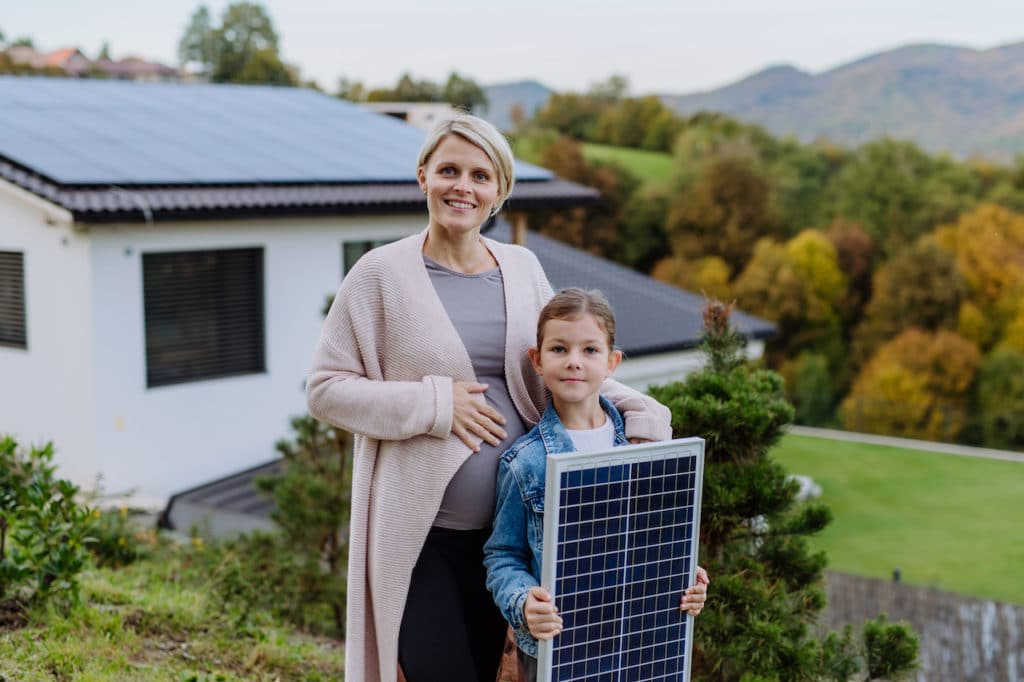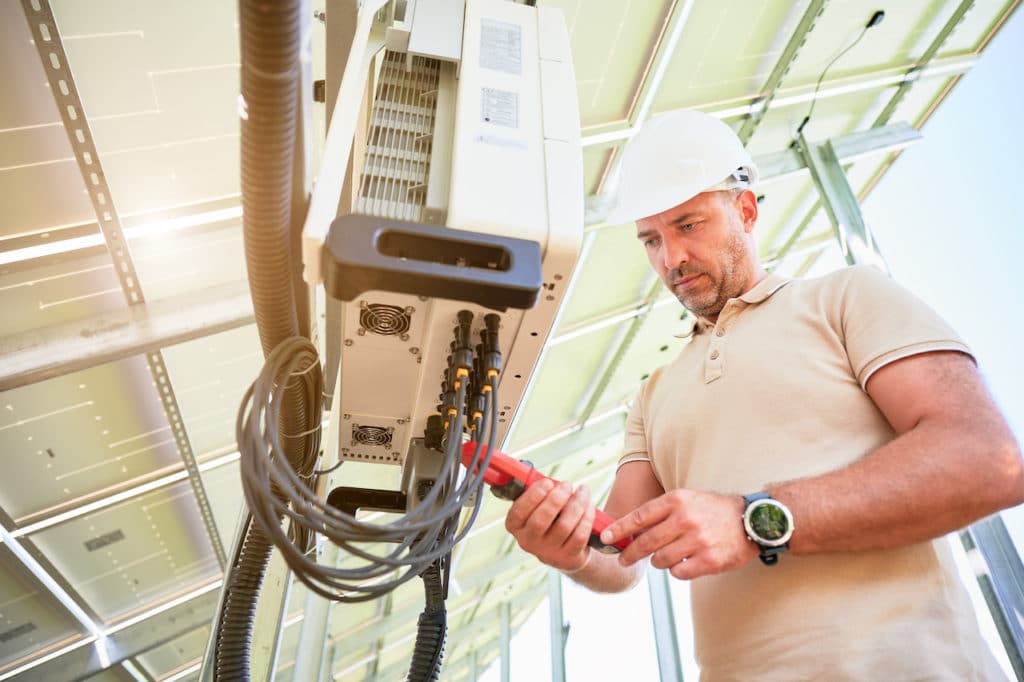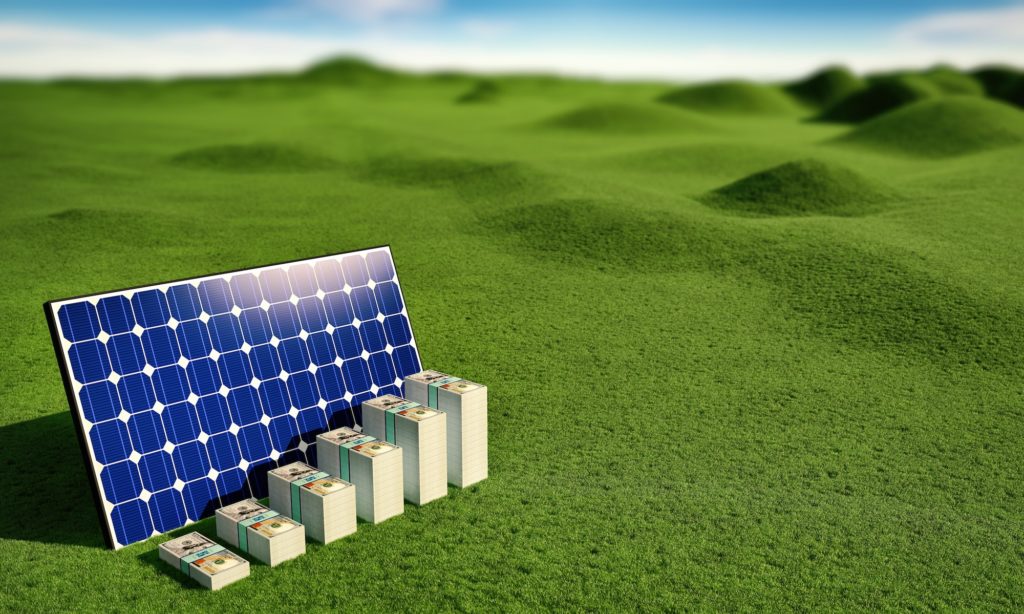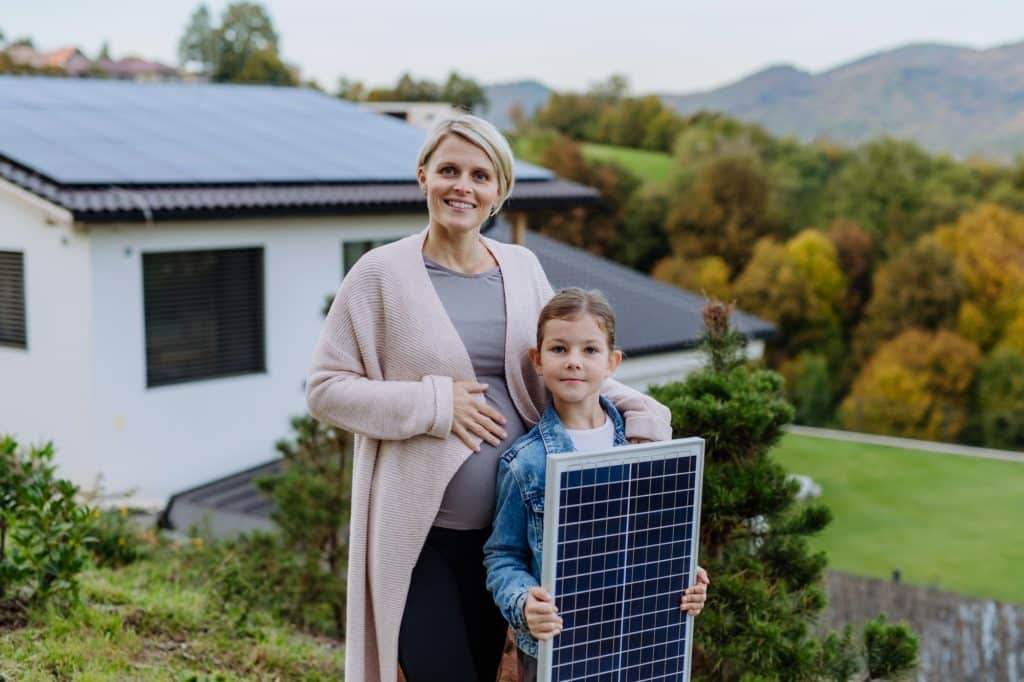It should come as no surprise that electricity generation is one of the biggest sources of greenhouse gas emissions in Australia.
An average four-person household consumes 125-250 litres of hot water every year.
By replacing a conventional electric hot water heater with a solar water system, you’re not only doing your part in reducing carbon emissions but also saving electricity costs.
Solar hot water systems are eligible for the Australian government’s Small-scale Technology Certificates (STCs).
With STCs, the homeowner can claim rebates for installing the system, regardless of which state you’re in.
The larger and more efficient the system, the bigger the rebate you’ll get!
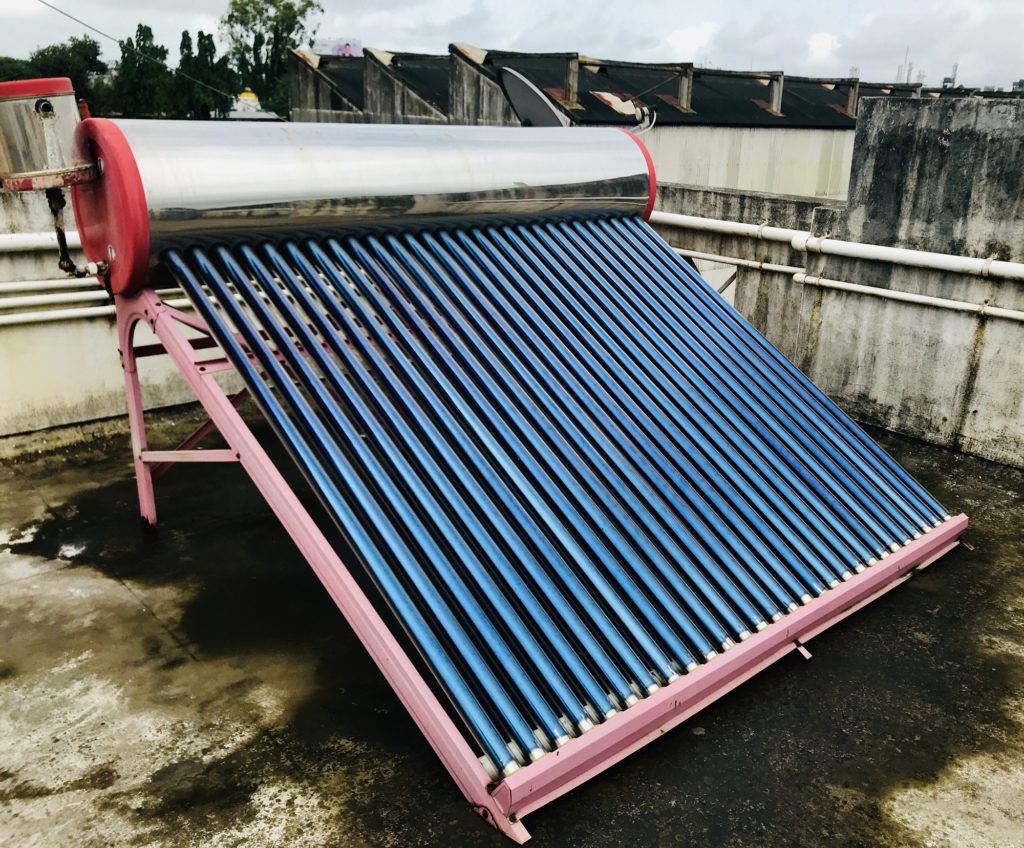
The Solar Hot Water System
The solar hot water system basically consists of solar collector panels and a storage tank.
For a 4-person household, you’ll likely need two panels with four square meters of solar collector area and a tank capable of holding 300–360L of water.
The large tank allows for cold days when you need more hot showers or days with less sunlight.
“Solar hot water systems can be challenging to install and are generally more expensive.”
But an efficient system is profitable in the long run and helps you save more energy.
There are quite a lot of systems available in the market today, so you need to consider various factors before investing in one.
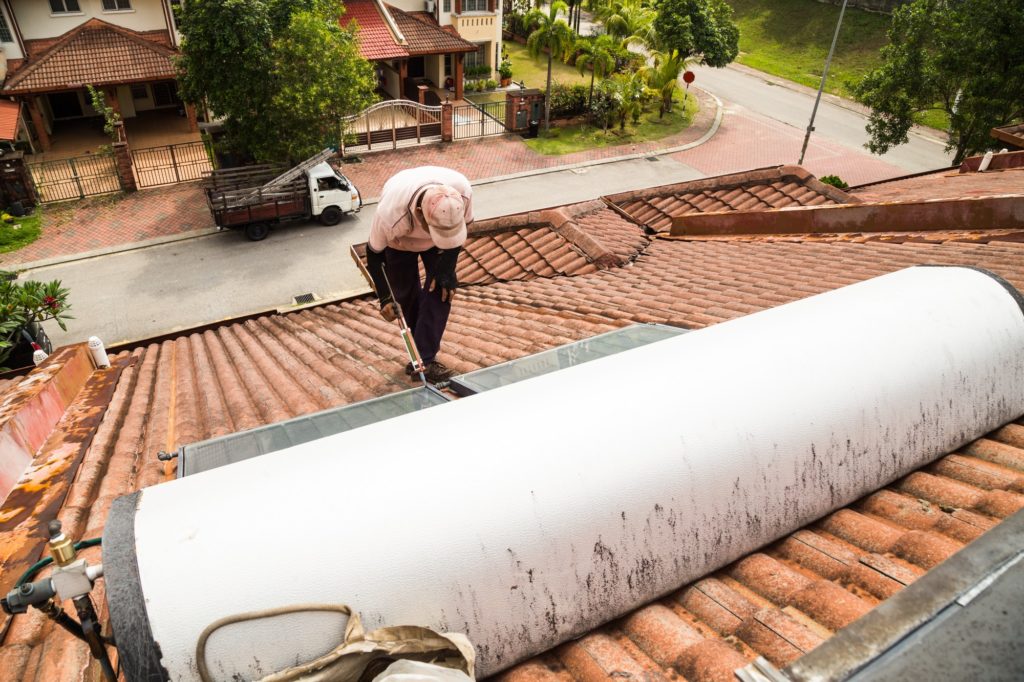
Cost of the Solar Hot Water System
While your solar hot water system may be more expensive than a conventional hot water system, it’s actually not that much more of an investment.
Keep in mind though that with a regular electrical hot water unit, you haven’t paid for a single drop of hot water until it starts consuming electricity.
Solar hot water however will start creating hot water for free, as soon as it’s installed, for the lifetime of the system!
Direct or Indirect Solar Water Heater
Another important factor you may want to consider is:
- Direct or Open Loop System
- Indirect or Closed Loop System
Direct systems circulate the water through the collectors and into the home.
They are perfect for large member households whose hot water requirements are usually massive and for places with warm climates where it rarely freezes.
Indirect systems, on the other hand, use heat exchange to heat the water.
It circulates a heat transfer liquid through the collectors and a heat exchanger.
The non-freezing quality of the liquid makes it ideal for use in colder temperatures.
Passive or Active Solar Water Heater
The passive solar hot water system is more affordable compared to active hot water and it’s more reliable and tends to last longer too.
If hot water needs are significant in the morning, then you need an active hot water system.
With this system, the water remains warm even by the end of the day.
Passive systems can either be:
- Integral collector-storage passive systems
- Thermosyphon systems
The Integral collector-storage systems work the best in regions where the temperature is warm all year long and rarely go below freezing temperature.
Furthermore, they are ideal for households where hot water needs are higher in the daytime and evening.
Thermosyphon systems are generally a little more expensive.
With these units, the tank is situated higher than the collector so that the warm water rises into the tank.
Type of Collector
There are three types of collectors, and depending on the collector, you choose the price of the system may vary:
- Flat-plate collector
- Integral collector-storage systems
- Evacuated-tube solar collectors
The most popular choices in Queensland are the flat plate and evacuated tube collectors.
However, if you happen to live in colder areas, then an evacuated tube collector is your only option.
The Hot Water Tank
The single tank heaters will generally be more expensive than multi-tank versions, with both of them lasting as long as 7-10 years.
Conclusion
If you’re not an expert when it comes to solar hot water, it can feel quite overwhelming to try and determine the type of solar hot water system you need to invest in.
But don’t worry, our solar hot water experts are just a phone call away and ready to help you find the system that fits your individual needs.

